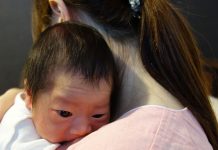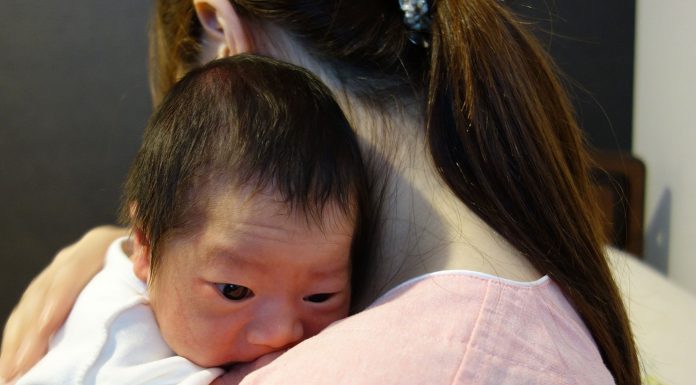Lutua spoke to Nursing Review after addressing the 300 delegates from across the Pacific attending 15th South Pacific Nurses Forum in Auckland this week.
She said government restrictions made the association – the only professional and industrial nursing organisation in Fiji – increasingly tougher.
“The changes that are happening – they are very challenging for the Fiji Nursing Assocation,” said Lutua. “Challenging in the fact that we have to try and be one step ahead of the government.”
The government has had a capped limit on nursing numbers of just over 1800 but Lutua said migration meant the actual workforce was more like 1700 nurses or less.
This was not helped by the government last year introducing compulsory early retirement at 55 for civil servants which saw about 107 nurses lose their jobs with the majority of them holding senior clinical, educator and leadership roles. “It’s a real concern to the association.”
She said the public sector trade unions had managed to negotiate for the government to rehire some of the retirees but not on their previous salaries. Less than half had been re-hired and a number were not prepared to return to work for a salary that did not recognise their expertise and skills.
Lutua said the last real pay increase for nurses was paid in 2001 and the last cost-of-living adjustment was made in 2005 for the 2003 year. The low pay and no overtime have made it increasingly hard to hold onto nurses.
“We are sad when they leave but if we can’t help them put bread on the table why should we keep hanging on to them.”
She said what keeps the remaining nurses going is passion for the profession. A contingent of 30 nurses attended the Auckland forum and they appreciated the learning opportunities provided by the forum to help improve the quality of care for their people. Also to share ideas and strategies with other Pacific nations.
Lutua said interest remains strong in nursing with a lot of children encouraged to take sciences so they could train as a nurse and get out of the country. The usual 100-120 graduates from the Fiji Nursing School were last year joined for the first time by an additional 60 graduates from a private nursing school. But the cap on nursing numbers meant the private graduates were not offered jobs in Fiji’s health services until late last year. “They had to stay home for 12 months before the government would employ them.”
The Fiji Daily Post reported late last year that the Government intended to fill the 150 vacancies to bring the workforce up to the 1811 nursing workforce cap and then lift the cap to take on an additional 170 nurses a year.





















